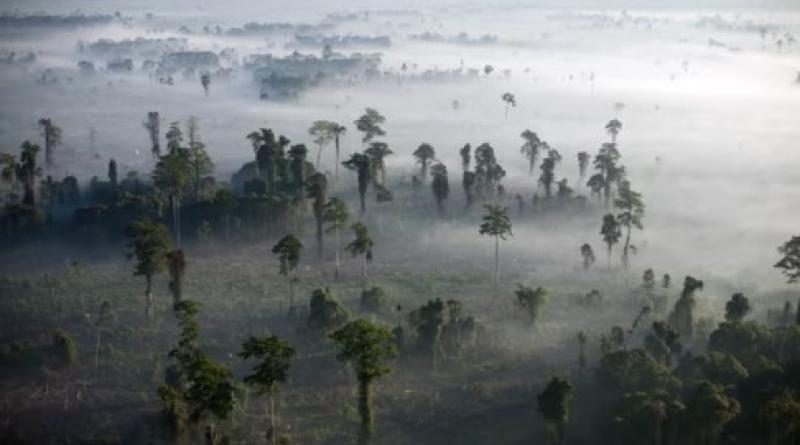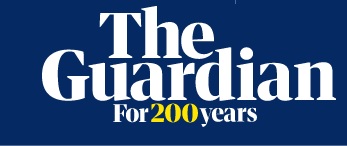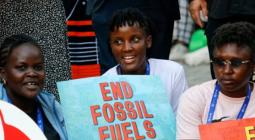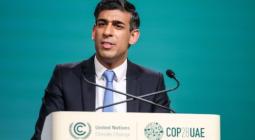‘This may be our last chance’: Cop28 talks enter final phase

The next few days could be the world’s last chance of keeping global heating within safe limits, nations meeting for the Cop28 UN climate summit have been told.
With talks in Dubai now entering their final phase, the world’s governments are still far apart on the central question of whether to phase out fossil fuels.
Dan Jørgensen, Denmark’s climate minister, who has been charged with one of the key roles in forging an agreement among deeply divided governments, said: “We cannot negotiate with nature. The climate cannot compromise. No well meaning words will change a single thing unless we act. This week may be our last opportunity to bring us on course to keeping 1.5C alive.”
Jørgensen, along with the South African minister Barbara Creecy, will chair negotiations on the global stocktake, a process under the 2015 Paris climate agreement that assesses progress – or the lack of it – towards meeting the treaty’s goals of holding global temperature rises “well below” 2C and “pursuing efforts” to keep them to 1.5C above pre-industrial levels.
It is well established that the world is far off track to stay within those limits, which scientists say are vital to staving off the worst impacts of the climate crisis. Average temperatures for this year are likely to break records and come close to the 1.5C threshold, and on current trends the world will hit 3C of heating, rendering swathes of the planet effectively uninhabitable.
For those reasons, the global stocktake will also contain recommendations to governments for a “course correction”, asking them to change policies and bring in measures that will reduce greenhouse gas emissions drastically. The latest draft was published on Friday, and is currently being examined, but there are likely to be more iterations of it before the end of the talks.
A key part of the global stocktake is whether countries will agree to phase out or phase down fossil fuels. More than 100 countries are calling for such a resolution, citing scientific advice, but some powerful nations including China and India are against such a move.
Major fossil fuel producers, such as the US, Canada, Norway and the EU are being accused of trying to block an unequivocal agreement on a phase-out by pushing for the stocktake to refer to “abated” fossil fuels.
“Unabated” burning of oil, gas and coal results in CO2 or other greenhouse gases being released directly into the atmosphere. There is no agreement on what “abated” means, but in general it refers to burning fossil fuels combined with the capture and permanent storage of an undefined proportion of the greenhouse gases emitted.
The talks, which have been running since 30 November in United Arab Emirates, are scheduled to end on Tuesday. Simon Stiell, the UN’s top climate official, warned countries that this must be the crunch time.
“I urge negotiators to start with the highest ambition outcomes. Yes, compromises will be essential, but not on ambition,” he said. “A billion people are now on the frontlines. But bold climate action is also a momentous opportunity, for more jobs, healthier economic growth, less pollution. This is what billions of people in every country want and bolder climate action is the chance for every government to deliver it.”
Sultan Al Jaber, president of the climate conference and chief executive of Adnoc, UAE’s national oil company, said he was confident that the talks would produce a “paradigm shift” among governments, and an outcome that kept the 1.5C limit within reach.
Al Jaber, who has faced criticism after casting doubt on whether a phase out of fossil fuels was required by scientific advice, said the talks had progressed well in the previous week. “There is a unique sense of momentum, a sense of inclusivity, and a sense of willingness and flexibility,” he told a press conference. “I feel a sense that something unprecedented is possible to happen here.”
Developing countries in the global south want to ensure that whatever emerges from the global stocktake must acknowledge that rich countries and those most responsible for emissions must play the biggest role in reducing carbon.
Creecy referred to the principle enshrined in the UN framework convent on climate change, the parent treaty to the Paris agreement, of “common but differentiated responsibility”. This means that developed countries, with greater resources and greater historic emissions, must take on more responsibility for cutting emissions and providing financial help to the poor. “All of these issues must reflect the principle of equity,” she said.
Romain Ioualalen, global policy manager at Oil Change International, a pressure group, said: “It shows unprecedented momentum for an agreement on phasing out all fossil fuels, owing to the relentless pressure from people and governments that are aligned with the science. The Cop president emphasised again today that 1.5C is his north star – and he must deliver on that promise with a Cop decision to build a fast, fair, full and financed fossil fuel phase-out rooted in equity, and enabled by governments redirecting trillions in finance from fossil fuel industry handouts to the real solution: renewable energy and energy efficiency.”
As well as phasing down fossil fuels, countries are being asked to triple global renewable energy generation and to double energy efficiency. The former is already likely to be met, on current trends, and the latter should save money amid high fossil fuel prices and a cost of living crisis around the world.
Developing countries are also concerned that a target to double the amount of finance they get to help them adapt to the impacts of the climate crisis has also not been met. Stiell called for more progress on this issue. “I don’t want to see diversions and political tactics that hold climate adaptation hostage,” he warned.
Tensions seem to be opening up within the Arab group at the talks too, with criticism from the group in the plenary of Al Jaber’s approach. Asked if he was working to bring Saudi Arabia to the table, Al Jaber replied: “I can assure you that I have been engaging with everyone including stakeholders, society and many others as well as businesses and industry.”
Photograph: Robert Nickelsberg/Getty Images






